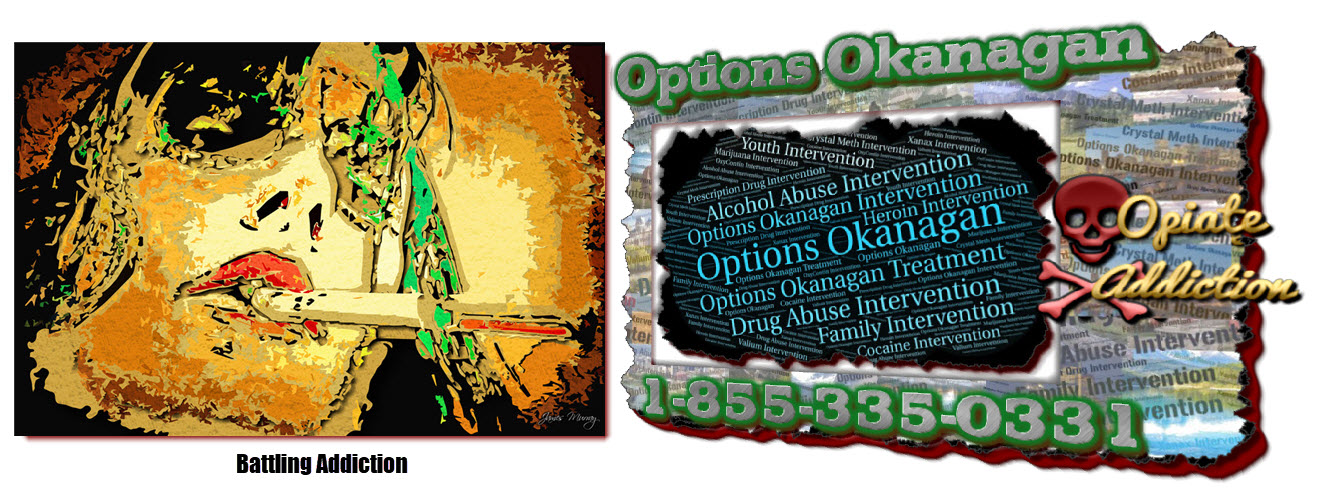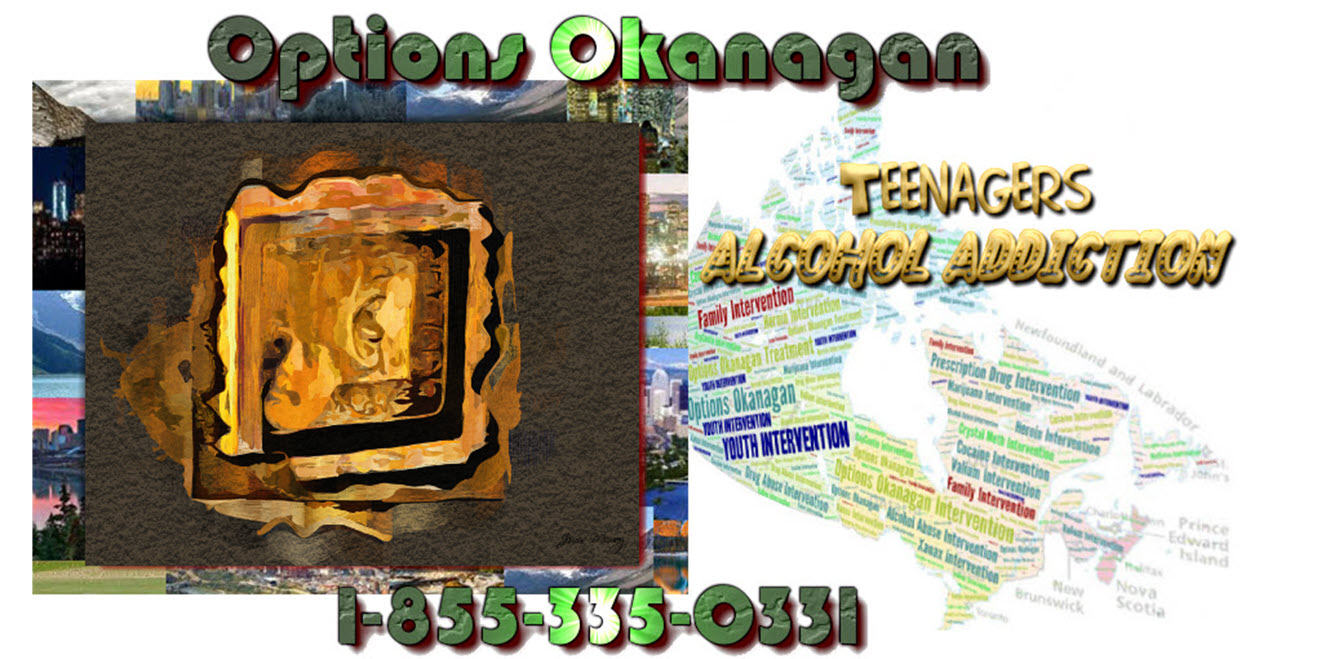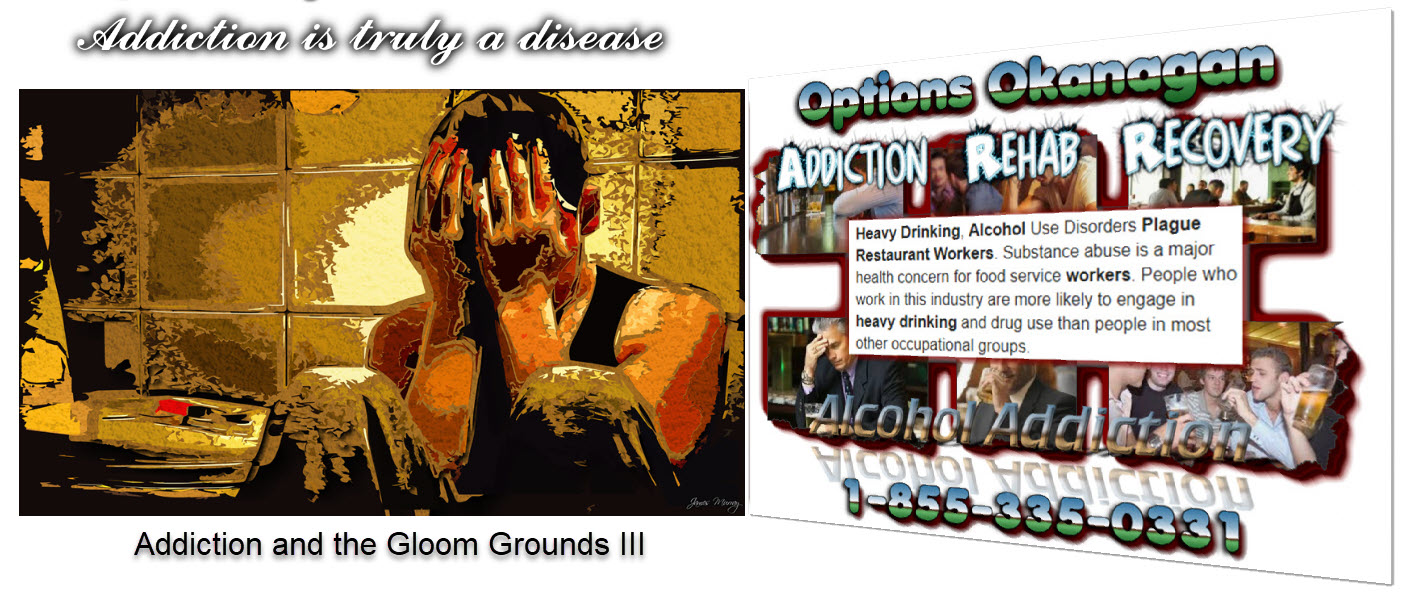How to break through the cycles of stressors and alcoholism – Alcohol Rehab Programs for recovering addicts in British Columbia and Alberta – Options Treatment Center in Kelowna, British Columbia treating opioid, drug, opiate, fentanyl, heroin and alcohol addiction and recovery.
Alcohol Rehab In Alberta And BC
Using drugs and alcohol is not a good mixture. Stress and using alcohol can be a similar toxic combination, but unfortunately, this mixture is utilized a lot by individuals to cope with reality. Studies show that people who claim to have high levels of stress tend to consume alcohol to hide their worries. When an individual starts to rely on alcohol to cope with unpleasant feelings, a dangerous cycle begins with alcohol and stress issues.
Stress leads to alcohol consumption
There are many different reasons why individuals start to drink. Some associate the activity with social events, sports events, or celebrations such as weddings, while others turn to alcohol to cope with external pressures of life or responsibilities in life. Stress is defined more as an ability of the human body to function normally when triggers go off such as feelings of anxiety, anger, fear, joy, happiness, or sadness. Stress comes in many forms and can be both caused by everyday stressors and traumatic events. While drinking may temporarily bring relief, the use of alcohol as a way of dealing with stress can have disastrous short-term and long-term consequences for people.
One such group of people that knows the consequences of drinking to reduce stress too well are college students. Due to the different types of stress students face, they develop a substance use disorder more easily. It is well known that these college students consume alcohol on campus, at sporting events, dorm rooms, but that is not just because they just like to party. The main reason why students drink is to combat young unstable or negative emotions. Researchers at a leading university instructed students to write down their alcohol intake and all causes of stress in their diaries and found that students who encountered more stress, drank more alcohol. Ten percent of the students drank every time additional stress occurred. The researchers also found that college students who drank more on days of high-stress levels had a greater risk of developing alcohol addiction in their last year of college.
Consuming alcohol for some individuals can help them relax, but it is not advisable to drink alcohol to deal with stress. This can lead people to mistakenly turn to alcohol as a mood changer and coping mechanism to deal with real problems. This type of thinking as a way to handle stress will encourage the drinking cycle to continue and leads to a higher risk of addiction and alcoholism.
Alcohol consumption increases stress levels
While many individuals use alcohol as an escape mechanism from life’s stresses and triggers, consuming alcohol will cause a person both in the short-term and the long-term even more stress. Abusing alcohol has numerous negative consequences, including a poor performance at school or at work, the stress in family and romantic relationships, financial problems, loss of interest in hobbies and life passions, and also low motivation levels.
Alcohol abuse tends to worsen stress triggers that once made a person drink in the first place.
In addition to changes in behavior and interpersonal relationships weighed down by alcohol, it stresses and affects the mind. A phenomenon called “hangxiety” is increasingly used to describe a person’s anxiety as they are going thru their hangover phase. These feelings can arise when an individual mixes alcohol with drugs or regret a decision they made when they were drunk the night before. Drinking causes stress because with the elimination of alcohol from the body begins, the body’s blood sugar level drops also and that leads to symptoms of anxiety and depression.
Alcohol exerts more physiological stress on the body and increases levels of cortisol, a hormone that the body produces naturally when stressful events occur. Although cortisol can be useful in smaller amounts, high levels of the hormone can have dangerous side effects. These include inflammation, blood sugar spikes, higher blood pressure, and reduced cognitive skills. There are research studies that show individuals who abused alcohol had higher cortisol levels. If cortisol is chronically present in the body, people can suffer from damage to the central nervous system and organs.
Stress management and alcohol abuse
When it comes to dealing with high-stress levels, a clinical consultant is essential. CBT (Cognitive-Behavioral Therapy) and MI (Motivational Interviewing) are examples of helpful clinical treatment advice for individuals struggling with anxiety, stress in life, and alcoholism. CBT is how emotions affect a form of psychotherapy that focuses on behavioral patterns. Individuals with comorbidities may also choose MI, a counseling technique that focuses on encouraging a person to set goals and achieve them.
Additionally, those who struggle with alcohol abuse and mental disorders, try holistic therapies such as yoga and meditation to relieve stress and anxiety. For individuals who need more support, going to AA or even NA meetings can provide a person with a caring group, and community environment for the guidance they require.
Options Okanagan Opiate and Alcohol Treatment Centers in Kelowna, Salmon Arm and Vancouver, British Columbia – Men and Women are recovering and healing from Alcohol and Drug Abuse at our treatment center here in the Okanagan right now.
Our unique and distinctive Opiate Drug and Alcohol treatment program allow men and women to come in from Calgary as well as Edmonton as we offer airport pickup.
Numerous clients come to us from Vancouver, Calgary, and Edmonton and other locations in Alberta and even other provinces for Opiate addiction treatment, heroin drug treatment, many other drug and alcohol addictions for rehabilitation because of the uniqueness of our treatment center.
Our (Kelowna ) Alcohol and Drug Treatment Program Location:
(Not Mailing Address) Contact Us – Web Page
For Mail Delivery :: Please contact each center for correct mailing addresses, also this location is the location of our residential treatment programs in Kelowna. Please call Toll Free 1-855-335-0331 to contact the treatment center you are going to for the address and directions.
Options Okanagan Drug and Opiate Treatment Center
551 Sherrydale Crescent, Kelowna, British Columbia, V1V 2E6
Toll-Free Phone Number: 1-855-335-0331




